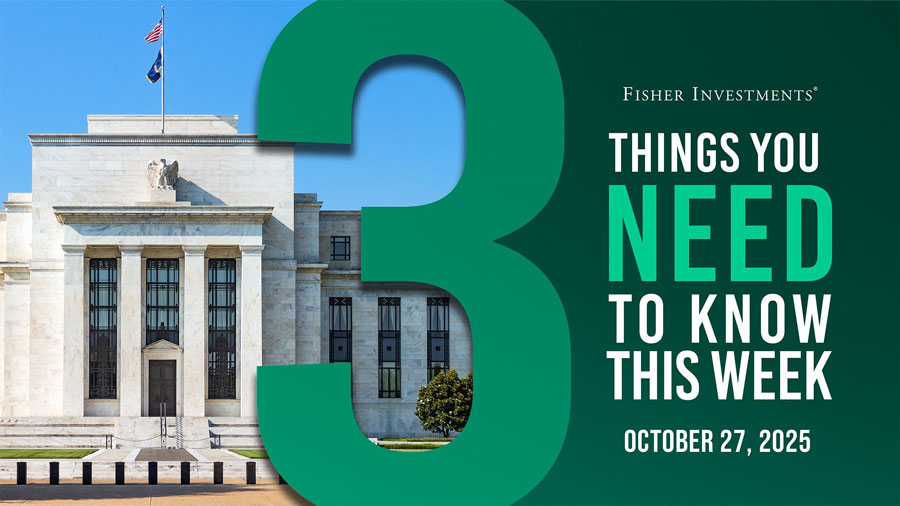Personal Wealth Management / Market Analysis
Don't Call It a Bailout
Recent Fed policies have been criticized as a government-sponsored bailout and possibly a sign of more intervention to come. We view such fears as misplaced.
Story Highlights:
- The Fed's stepping in to ease the Bear Stearns-JP Morgan merger has many fearing a trend of increasing government intervention and nationalization.
- We view this fear as misplaced. The Fed has lent money for which it expects to be repaid, with interest.
- Though the tactics were fairly new, this is indicative of a normally functioning Fed, providing liquidity when necessary.
____________________________________________________________________________________________
Looks like JP Morgan has upped its offer for Bear Stearns, which is nice for Bear Stearns shareholders and all, but largely doesn't change the fact that Bear Stearns will soon likely be but a large division of JP Morgan. But Bear's bumpy road to merger-dom led many to cry, "Bailout!" Suddenly, investors who had been hoping for a government-led intervention to stem the tide of subprime fallout are fearing "too much" regulation. Some folks fear this puts us on the road to nationalization of our nation's banks.
Political Pendulum Swings Toward Stricter Regulation
By Elizabeth Williamson, The Wall Street Journal
https://online.wsj.com/article/SB120631764481458291.html?mod=hpp_us_pageone
As the article states, "recent turmoil on Wall Street and a series of safety scares involving food, drugs and toys are driving both political parties to reconsider how much companies and markets should be relied upon to police themselves." While we're all for toddlers not gnawing on asbestos-laden toy trucks, we're not sure the recent Fed action is worthy of the hoopla nor that we're headed irrevocably towards Soviet (or heck, French) style nationalization.
Was the Fed's action last week in the Bear Stearns-JP Morgan matter a bailout, and should we be brushing up our recipes for borscht and croissants? Depends on your definition of "bailout." For the nuts and bolts of what went down, you can read our two recent cover stories ("A Confidence Game," 03/17/2008 and "Whoa-oh, Domino?" 03/18/2008). Basically, the Fed agreed to accept Bear Stearns's less-than-liquid assets (mortgage-backed securities) that made other lenders skittish as collateral to help ease them through the pre-merger period. With that security in place, JP Morgan agreed, with the Fed's backing, to honor all of Bear's debts. The Fed stepped in to ensure Bear's vendors and customers (but not the shareholders—thems the breaks) were made whole. Which is fine! No one wants to see a major investment bank go belly up.
But is that a "bailout"? Hardly. Bear and JP Morgan don't get this Fed financing for free! The Fed holds collateral and JP Morgan ultimately will be responsible for paying the interest costs. This is no free ride—it's just a loan. One that wasn't possible last month, but still, a loan.
Increasing government regulation is always a legitimate market risk, and nationalization should make your blood run cold, but we see no such development here. And because this is an election year—typically filled with increased political rhetoric and decreased action—we continue to view the risk of major legislation as minimal. No matter what happens with JP Morgan and Bear Stearns, they'll continue to be owned by their shareholders (and/or creditors) and not Uncle Sam. For now, your days can continue borscht-free.
If you would like to contact the editors responsible for this article, please message MarketMinder directly.
*The content contained in this article represents only the opinions and viewpoints of the Fisher Investments editorial staff.
Get a weekly roundup of our market insights
Sign up for our weekly e-mail newsletter.

See Our Investment Guides
The world of investing can seem like a giant maze. Fisher Investments has developed several informational and educational guides tackling a variety of investing topics.





